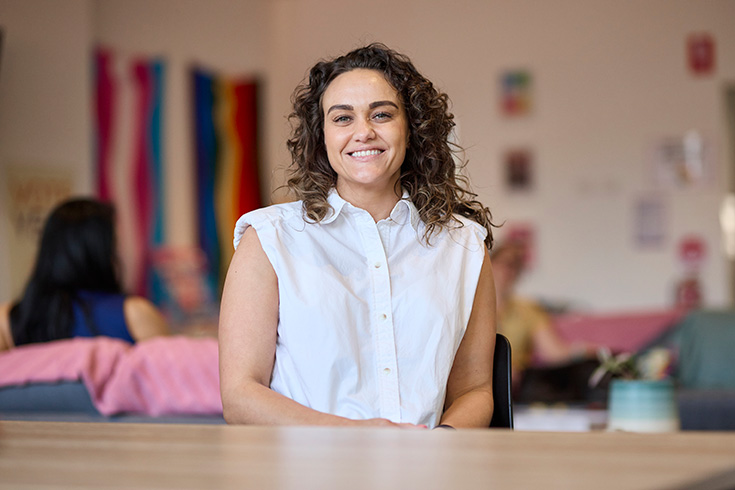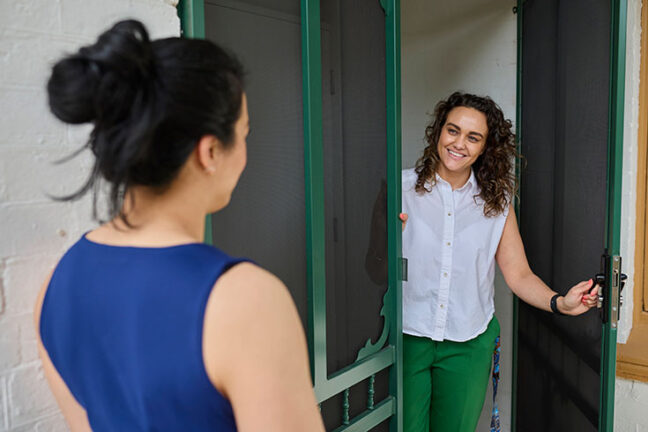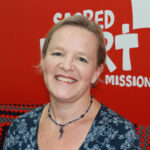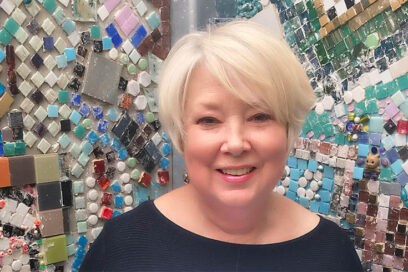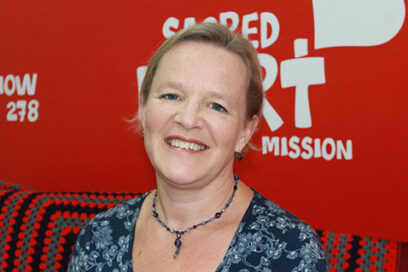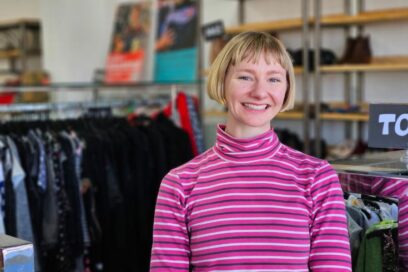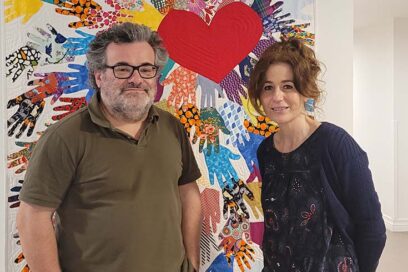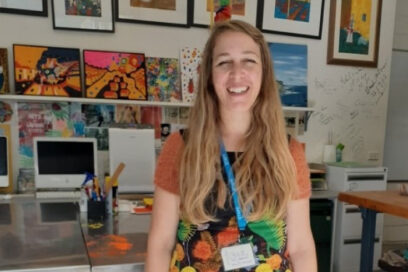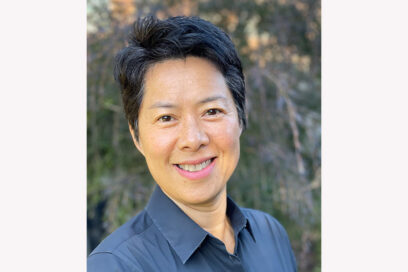As Program Manager for Women’s Services, I oversee three different programs. My role is to ensure the programs can operate smoothly and remove any barriers causing disruptions to the operations. There are three programs that make up Women’s Services: Women’s House, Homefront, our crisis accommodation service, and Bethlehem Community.
Women’s House is an engagement hub for people identifying as female, or gender diverse, either experiencing or at risk of homelessness. People can attend and engage in 1:1 support with Pathways Workers or they can utilise the space for social interaction with others. There are showers and laundry facilities available as well as breakfast and lunch Monday – Friday.
Homefront is a crisis accommodation where up to 11 people identifying as female or gender diverse can stay for up to 6 weeks. During their stay, residents engage in 1:1 case management support with a focus on their barriers to accessing long term housing.
Bethlehem Community offers therapeutic support and accommodation for 10 people identifying as female or gender diverse for up to 2 years. Alongside the accommodation, residents are supported by support workers and a case manager focusing on enhancing life skills and independence and accessing long term housing.


